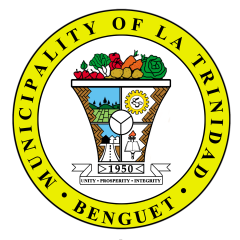Rope Safety and Rescue
Rope Safety
The program includes both individual training—like climbing, rappelling, and proper use of safety equipment—and team-based rescue operations, such as setting up rope systems, coordinating technical rescues, and safely evacuating victims. By developing these capabilities, the MDRRMO ensures that local responders are well-prepared to handle complex rescue situations and contribute to a safer, more resilient La Trinidad.
Rope Access for First Responders (RAFR)
The Rope Access for First Responders (RAFR) training is designed to develop the individual technical skills of emergency responders. It focuses on essential techniques such as climbing, rappelling, and the proper use of personal protective equipment (PPE) like harnesses, helmets, and ropes. The training also emphasizes safety protocols and physical preparedness, which are crucial when working in vertical or elevated environments.
Rope Rescue Operations (RRO)
The Rope Rescue Operations (RRO) component focuses on training participants in safe and effective rescue techniques in high-angle or hard-to-reach areas. It emphasizes teamwork, coordination, and communication, which are crucial when performing rescues in challenging environments such as cliffs, ravines, and steep terrains. Participants learn to operate as a cohesive unit, understanding their specific roles and responsibilities during a rope rescue mission.
Mountain Search and Rescue
The Mountain Search and Rescue (MOSAR) Program equips barangay responders, volunteers, and rescue agencies with essential skills for mountain emergencies. Participants are trained in navigating rugged terrain, rope techniques for steep areas, search methods for locating missing persons, and teamwork to ensure safe and efficient operations. Safety procedures are also emphasized to protect both rescuers and victims.
Enhancing Awareness, Building Capacity, Promoting Preparedness
The municipality aligns its disaster risk reduction and management efforts with Republic Act No. 10121, which highlights the importance of awareness, capacity-building, and preparedness through trainings to strengthen community resilience.











